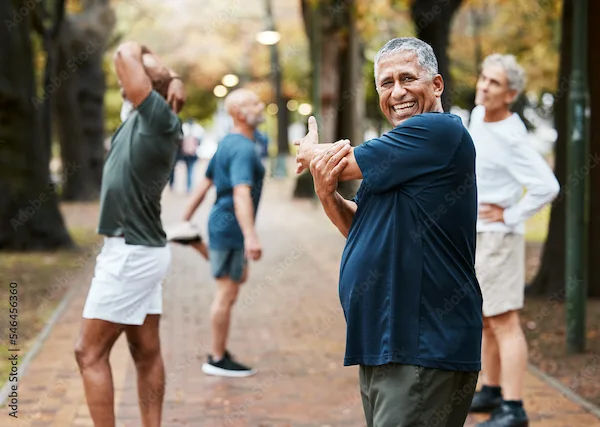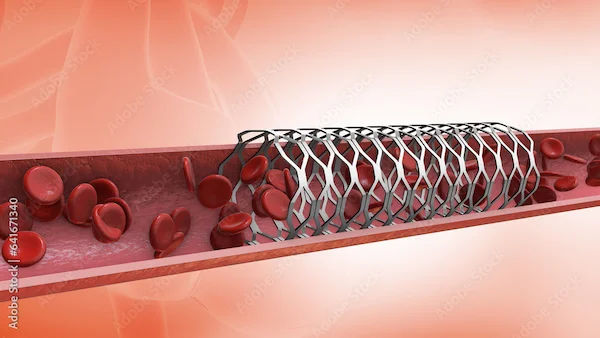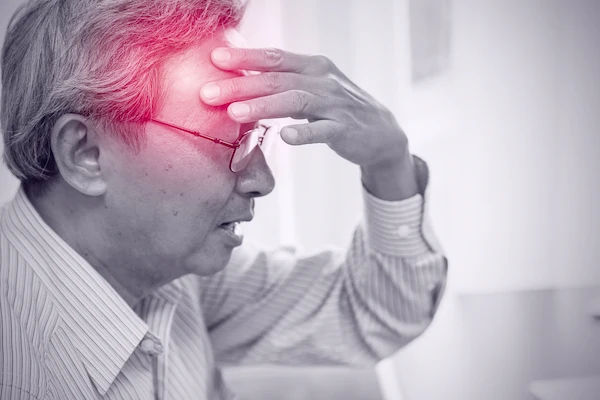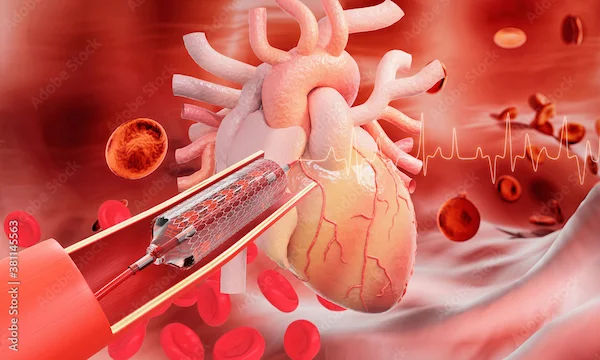How Long Can a Heart Attack Be Fatal?
A heart attack can become fatal within minutes if untreated. Learn how timing affects survival, why quick action is critical, and what symptoms to watch for.

Written by Dr. Vasanthasree Nair
Reviewed by Dr. D Bhanu Prakash MBBS, AFIH, Advanced certificate in critical care medicine, Fellowship in critical care medicine
Last updated on 20th Aug, 2025

A heart attack is a medical emergency that occurs when blood flow to a part of the heart is blocked, usually due to a blood clot. Without immediate treatment, the affected heart muscle can be damaged or die, leading to life-threatening complications. One of the most common concerns people have is: How long can a heart attack be fatal?
The answer depends on several factors, including the severity of the blockage, how quickly treatment is received, and the overall health of the individual. Let’s explore this in detail to help you understand the risks and what you can do to protect yourself or your loved ones.
Understanding the Time Factor in a Heart Attack
A heart attack can become fatal within minutes to hours if not treated promptly. Here’s a general breakdown:
First Few Minutes: When a major artery is completely blocked, the heart muscle begins to die within 20-30 minutes due to lack of oxygen.
Within 1-2 Hours: The longer the blockage remains untreated, the more severe the damage. After 90 minutes, about 50% of the affected heart muscle may be irreversibly damaged.
After 6 Hours: Nearly all the affected heart tissue may be dead, significantly increasing the risk of heart failure or sudden cardiac arrest.
This is why every second counts during a heart attack. The sooner medical help is received, the better the chances of survival and recovery.
What Makes a Heart Attack Fatal?
A heart attack can be fatal due to:
1. Sudden Cardiac Arrest: The heart may stop beating due to severe electrical disturbances caused by the attack.
2. Severe Heart Damage: Extensive muscle damage can weaken the heart, leading to heart failure.
3. Arrhythmias (Irregular Heartbeats): Dangerous heart rhythms can develop, increasing the risk of death.
4. Cardiogenic Shock: When the heart can’t pump enough blood to vital organs, leading to organ failure.
Warning Signs of a Heart Attack
Recognising the symptoms early can save lives. Common signs include:
Chest pain or discomfort (pressure, squeezing, or heaviness)
Pain spreading to the arms, neck, jaw, or back
Shortness of breath
Cold sweat, nausea, or dizziness
Fatigue or sudden weakness
Note: Some people (especially women and diabetics) may experience atypical symptoms like indigestion, extreme fatigue, or back pain without chest discomfort.
Consult Top Specialists
What to Do During a Heart Attack?
1. Call Emergency Services Immediately: Don’t wait or try to drive yourself to the hospital.
2. Chew an Aspirin (if advised by a doctor): It can help thin the blood and reduce further clotting.
3. Stay Calm & Rest: Avoid exertion, as it can worsen the condition.
4. CPR (If the Person Collapses): If someone becomes unresponsive, start CPR until medical help arrives.
How to Reduce the Risk of a Fatal Heart Attack?
Prevention is always better than cure. Here are some ways to protect your heart:
1. Adopt a Heart-Healthy Diet
Eat more fruits, vegetables, whole grains, and lean proteins.
Reduce salt, sugar, and unhealthy fats (trans & saturated fats).
Include omega-3 fatty acids (found in fish, flaxseeds, and walnuts).
2. Stay Physically Active
Aim for at least 30 minutes of moderate exercise (walking, cycling, swimming) most days.
Avoid prolonged sitting—take short breaks to move around.
3. Manage Stress
Practice deep breathing, meditation, or yoga.
Get enough sleep (7-8 hours per night).
4. Quit Smoking & Limit Alcohol
Smoking doubles the risk of heart attacks. Seek help to quit if needed.
Drink alcohol in moderation (1 drink/day for women, 2 for men).
5. Control Underlying Health Conditions
Keep blood pressure, cholesterol, and diabetes under control with regular check-ups.
Take prescribed medications as directed.
When to See a Doctor?
Consult a cardiologist for a heart health assessment if you have risk factors like:
High blood pressure
High cholesterol
Diabetes
Family history of heart disease
Obesity or a sedentary lifestyle
Early detection and lifestyle changes can prevent future complications.
Need Expert Advice?
If you or a loved one has concerns about heart health, Apollo 24|7 offers consultations with top cardiologists. You can also book essential heart tests like ECG, echocardiogram, or stress tests from the comfort of your home.
Book a consultation today and take the first step toward a healthier heart!
Conclusion
A heart attack can turn fatal within minutes to hours if not treated urgently. Recognising symptoms, acting fast, and adopting a heart-healthy lifestyle can significantly improve survival chances. If you’re at risk, regular check-ups and preventive care are crucial.
Remember—your heart matters. Listen to it, care for it, and seek help when needed. Stay safe, stay healthy!
Consult Top Specialists
Consult Top Specialists

Dr. Bhukya Pavan Kalyan
General Physician
5 Years • MBBS DNB Paediatrics
Bengaluru
PRESTIGE SHANTHINIKETAN - SOCIETY CLINIC, Bengaluru

Dr. Tripti Deb
Cardiologist
40 Years • MBBS, MD, DM, FACC, FESC
Hyderabad
Apollo Hospitals Jubilee Hills, Hyderabad
Dr Moytree Baruah
Cardiologist
10 Years • MBBS, PGDCC
Guwahati
Apollo Clinic Guwahati, Assam, Guwahati

Dr. Zulkarnain
General Physician
2 Years • MBBS, PGDM, FFM
Bengaluru
PRESTIGE SHANTHINIKETAN - SOCIETY CLINIC, Bengaluru

Dr. Anand Ravi
General Physician
2 Years • MBBS
Bengaluru
PRESTIGE SHANTHINIKETAN - SOCIETY CLINIC, Bengaluru




